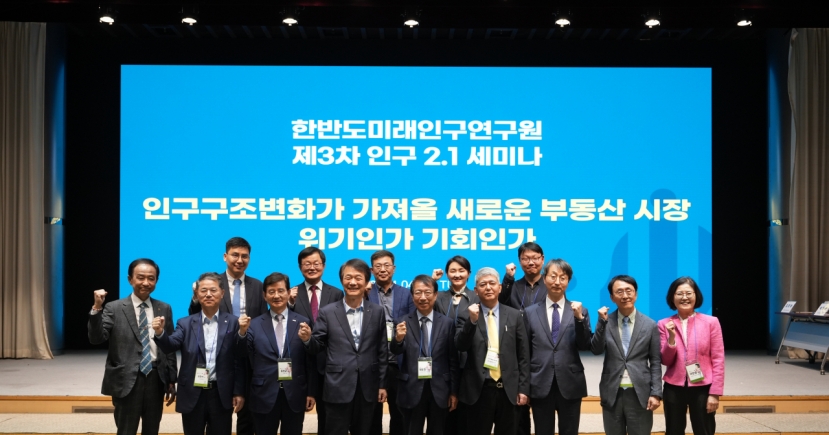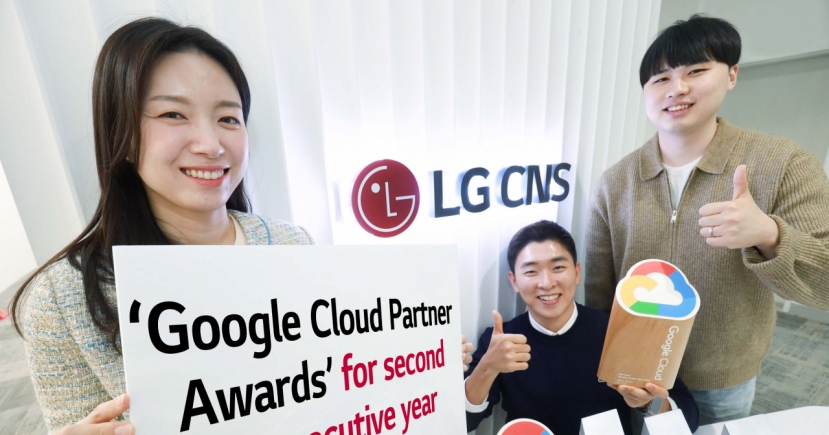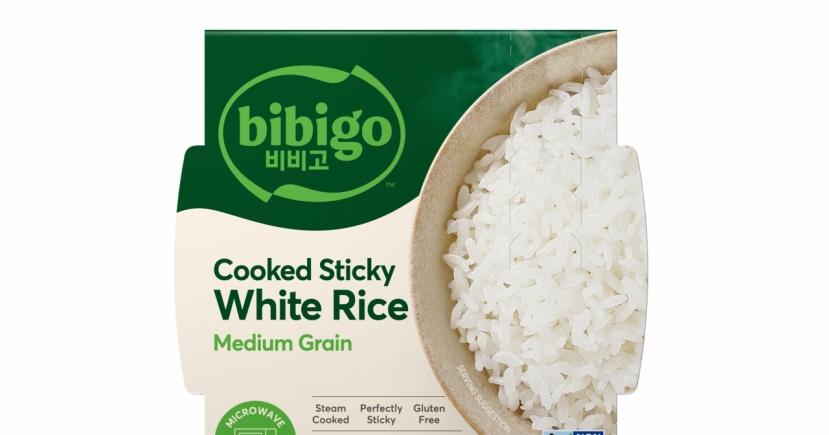Second Opinion
In search of a "transparent" Celltrion
[THE INVESTOR] Defense stocks, no more. Pharmaceutical equities, which have long been categorized in the “safe-but-dull” segment are sizzling hot now. So hot that many have ended up in the high-risk, high-return basket.
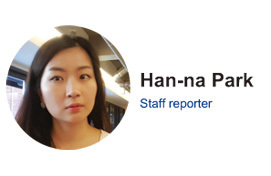 |
Proving the point, as of end-2017, health care stocks were among the most overvalued in the market, posting an average price-earnings ratio of 92. Some call it a bubble, others a “sensible” bet on life-saving therapies.
The latest uptrend was largely propelled by hopes for drug candidates to be sold to bigger firms or better yet, become blockbuster treatments themselves. Government backing also helped.
But transforming something as intangible as hope into reality comes with a hefty price. On average, a company can spend over US$2.5 billion for a period of more than a decade to introduce a new drug. The success rate? About one in 10. To cut the risks, many fledgling biotech firms opt for initial public offerings. In the first quarter alone, five biotech firms are set to make their debut on the secondary bourse KOSDAQ.
And the risks aren’t only for companies. Investors too have learned the hard way that a once-promising drug could disappear just like that if it fails the final stage of clinical trials, taking along all your investments. On the other hand, a tiny startup with five scientists could hit the jackpot.
All this, however, is investment 101. There’s never a guarantee for your investments, no matter what your fund manager says.
 |
The problem is the grave lack of transparency in the sector.
For instance, the persisting controversy over allegedly “suspicious” accounting practices by two of Korea’s best-known pharma companies Celltrion and Samsung BioLogics, which were suspected of inflating profits to lure investors and clients alike. It prompted the nation’s top financial watchdog to launch a large-scale audit of local pharma and biotech industries last month.
Belated disclosures intended to subtly manipulate stock prices continue to confuse investors, leading them to rely on rumors and speculations. Take Hanmi Pharmaceutical, for example. One of the most-talked about drug stocks in Korea -- and one that actually triggered the era of “hot” pharma stocks -- was in hot water this week for reporting the clinical trials termination of its drug candidate licensed to Eli Illy at a suspicious timing; after the market closed on Feb. 14, and just before the four-day Lunar New Year’s holiday began. Critics believe the company intentionally delayed the disclosure.
Although Hanmi has denied the speculations, it’s a recurring nightmare. We all remember, in 2016 the company was found to have notified some investors ahead of the official disclosure that Boehringer Ingelheim ended its licensing partnership for Hanmi’s lung cancer drug. In other words, insider trading.
When a company goes public, it’s naturally obligated to share financial information and business plans. Transparently and punctually. It also means the company has to go beyond the few scientists in the lab to educate and satisfy a wider range of stakeholders with a variety of interests and agendas. With more money comes more responsibility.
The PR and IR people at biotech companies often complain that retail investors don’t seem to comprehend the full scope of their business, neither does the industry ecosystem. But my question to them is, did you even try to enlighten them?
By Park Han-na (hnpark@heraldcorp.com)


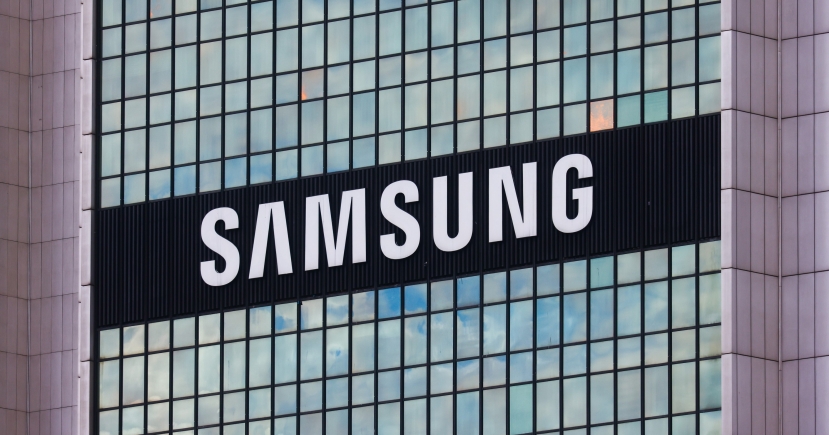
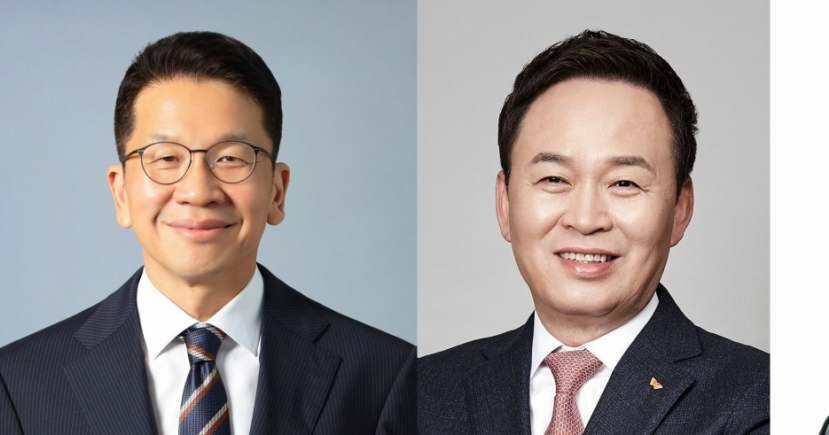
![[Exclusive] Korean military set to ban iPhones over 'security' concerns](http://res.heraldm.com/phpwas/restmb_idxmake.php?idx=151&simg=/content/image/2024/04/23/20240423050599_0.jpg)
